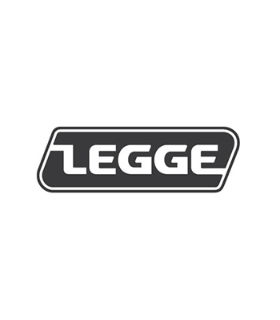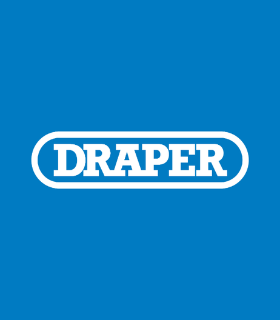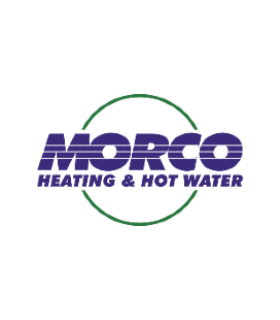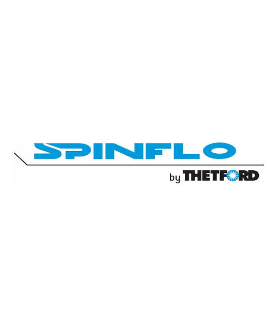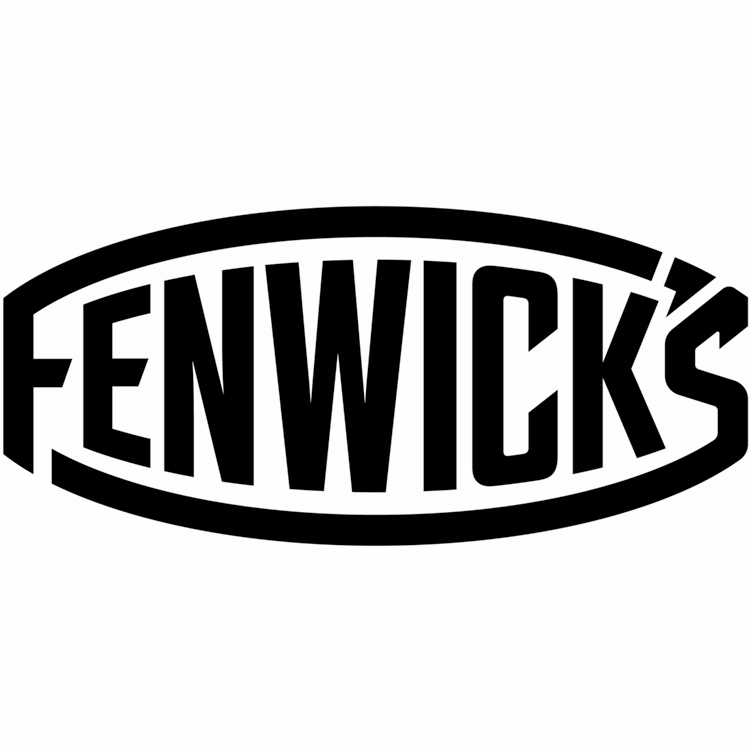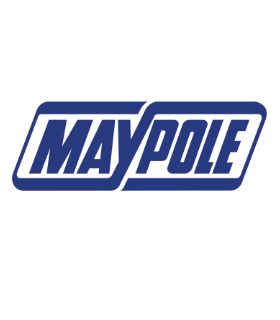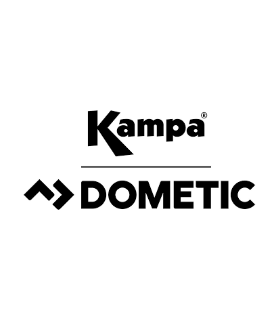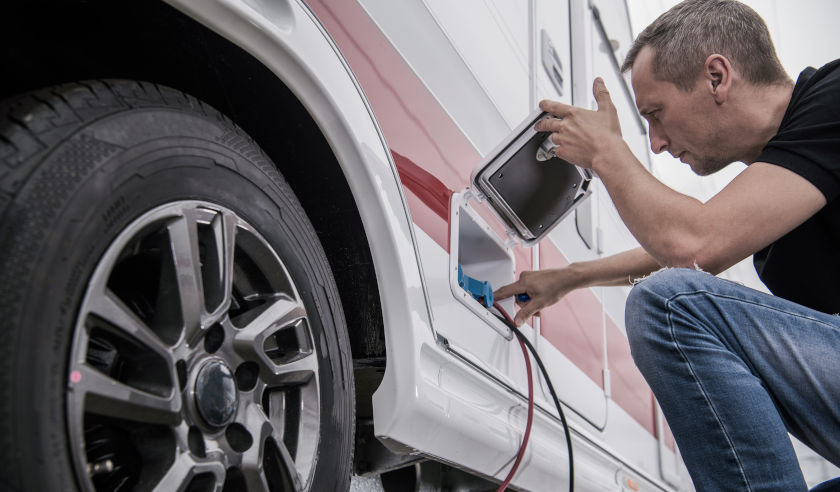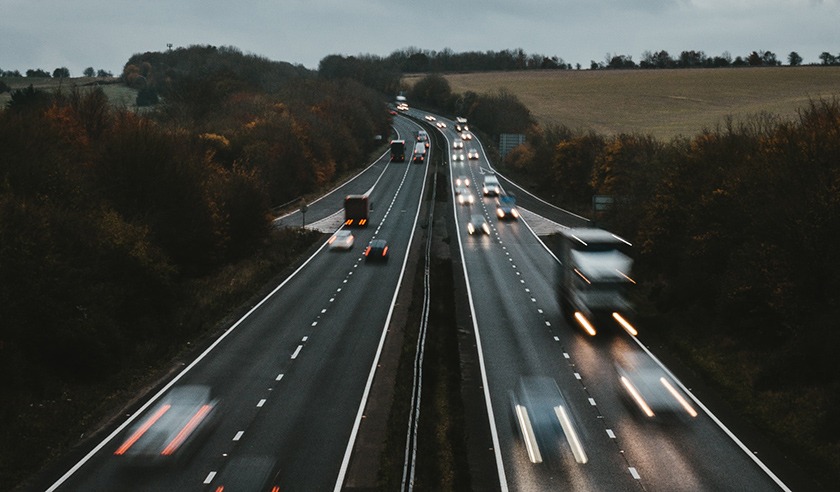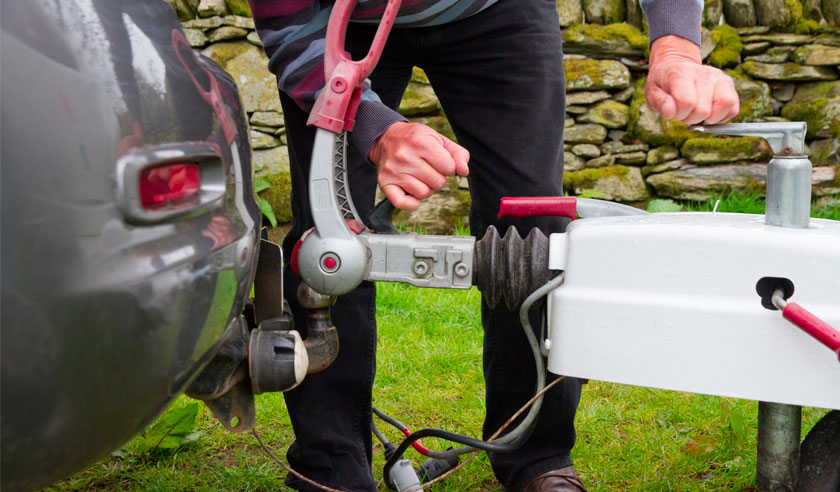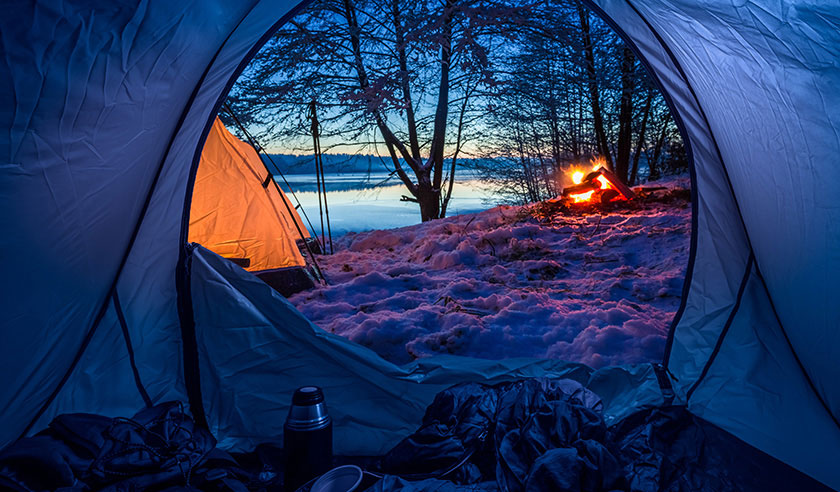As touring caravans have developed and evolved over the years, so have their electrical systems. Our latest guide will help you to have a basic understanding.
Essentially, modern caravans feature three electrical systems, two of which are 12-volt DC (the same as a car), and the third is 240-volt AC, (the same as the mains electrical supply in your home). At a basic level, one of the 12-volt systems run the caravan lights that marry up with the lights on your towing vehicle, and the other allows lights and 12V accessories to operate in the caravan. The 240-volt system lets you access an electric hook up on a site which enables you to use the same equipment as you do at home.
Let’s look at each of these systems in turn.
The 12-volt system for caravan road lights
All towing caravans are required by law to have lights that echo the lights on the towing vehicle. These include but are not limited to, brake lights and indicator lights. These lights are powered by a 7-pin towing electrical socket fitted on towbars. 7-pin towing electrical sockets are also known as a 12(N). For beginner touring caravanners, it is important to learn how to wire in a caravan towing electrical socket.
The 12-volt system for internal lights and accessories
This system allows the leisure battery to charge but only when the car battery is full and the caravan is being towed. The system also powers the fridge, but must not allow it to run the car battery down when the car is switched off. Similarly, this system must turn all accessories off that it is powering, when the engine is running.
The 240-volt system
As mentioned earlier, the 240-volt supply allows you to run the same appliances in your caravan as at home. The only way to supply a 240-volt supply to the caravan is via an EHU or electric hook up, using special hook up leads and adaptors. These leads and adaptors are not the same as those you might use at home as they have different connectors and you should never use a domestic extension lead as they cannot take the load. Our guide to using electricity hook-ups has lots of useful information.
There are many occasions where it is not possible to connect to an electricity hook-up and in these instances, touring caravanners need a leisure battery to provide backup power. It is important to understand here that a leisure battery can only power 12V appliances. Our recent article explains in more detail what a leisure battery is.
At BEC Ingoldmells, we stock a range of towing electrics, including 7- and 13- pin towing plugs and extension leads, in our towing department. For anyone needing help or advice regarding the electrics in a towing caravan, our friendly staff is on hand and we have access to a trusted network of qualified contractors who can also help. Simply get in touch by telephone on 01754 871152, email at sales@becingoldmells.co.uk or drop into one of our shops.


